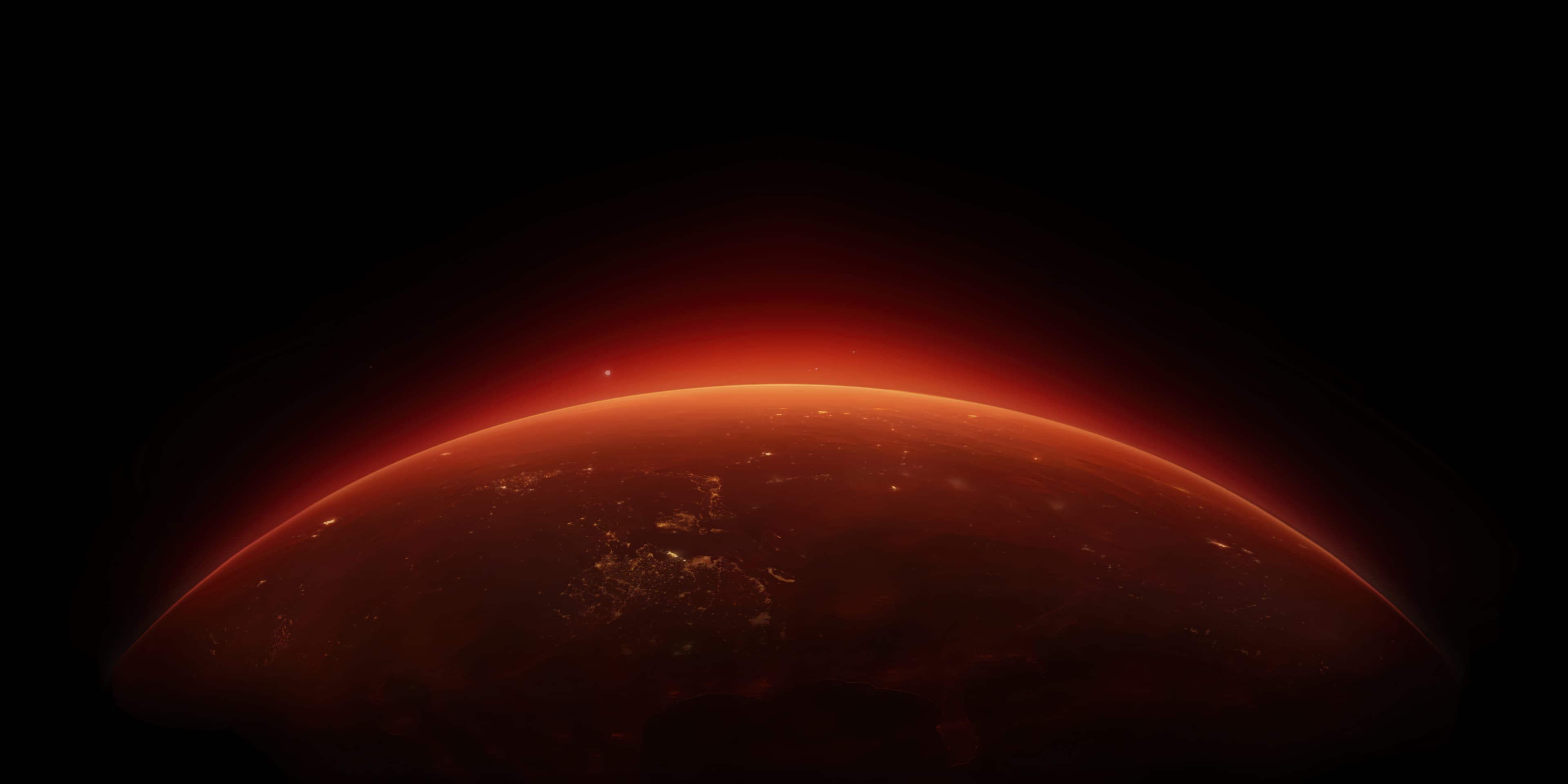Covering the book yourself? See our media kit.
Loading...
A sober but highly readable book on the very real risks of AI.
The most important book of the decade.
The authors raise an incredibly serious issue that merits – really demands – our attention.
The most important book I've read for years: I want to bring it to every political and corporate leader in the world and stand over them until they've read it!
Loading...
FROM THE BOOK
If any company or group, anywhere on the planet, builds an artificial superintelligence using anything remotely like current techniques, based on anything remotely like the present understanding of AI, then everyone, everywhere on Earth, will die.
We do not mean that as hyperbole. We are not exaggerating for effect. We think that is the most direct extrapolation from the knowledge, evidence, and institutional conduct around artificial intelligence today. In this book, we lay out our case, in the hope of rallying enough key decision-makers and regular people to take AI seriously. The default outcome is lethal, but the situation is not hopeless; machine superintelligence doesn't exist yet, and its creation can yet be prevented.
